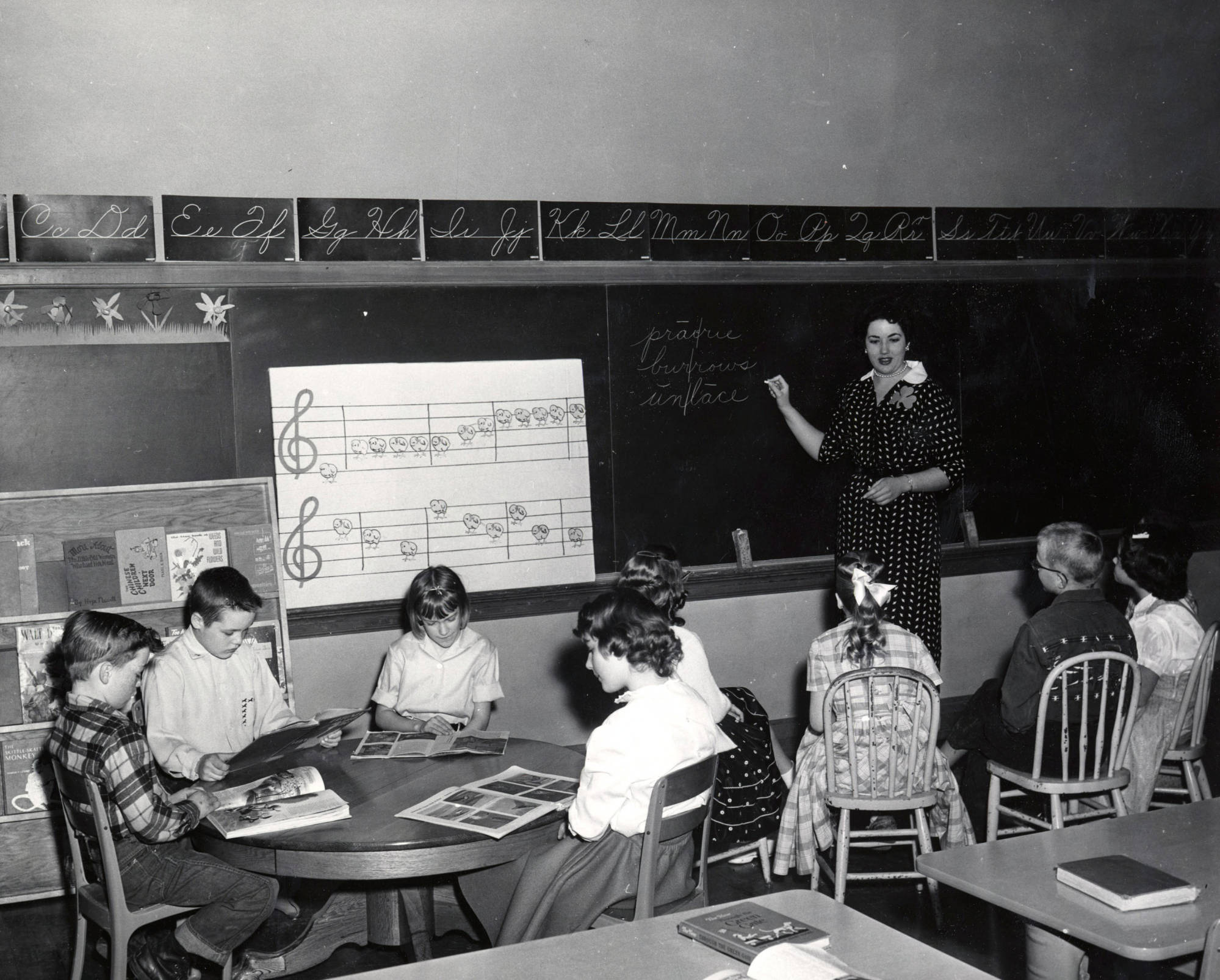
Kansas offers grants for college to students who wish to pursue higher education. There are many grant options available with different standards and requirements. To apply for a grant, you should first identify your financial need. You can apply for any of the grants programs once you have identified your financial need.
Not only are there grants but scholarships also available. These could be from the government or from private institutions. Some scholarship awards will ask for test scores, transcripts, and letters of recommendation. These types of funds should not be confused with student loans. The money is usually used to pay tuition. These funds do not have to be repaid. Typically, they are awarded on a first come, first served basis.
The Free Application for Federal Student Aid or FAFSA is required to receive a grant. This is free and can be completed by mail or online. After you complete the application, it will allow you to determine if you are eligible for federal and/or state grants.

You may be eligible for a Kansas Comprehensive Grant depending on your financial need. These grants are available to students at public and private colleges. They range from $100 to $3,000. Students in a career technical or vocational school can also apply for a Vocational Scholarship.
The State Scholars program is another option for financial assistance. This program grants $1,000 annually to select students who have financial need and academic potential. Students can apply for this scholarship in their final year at high school if they are eligible.
For students enrolled in a college or university in Kansas, the Kansas Career Technical Workforce Grant is also a possibility. This grant is available to students who are interested in pursuing a high-demand career. Kansas residents must be eligible for this grant. This grant supports high-cost programs, such as associate's and certificate degrees.
One way to determine if you are eligible for a Kansas grant is to fill out the Free Application for Federal Student Aid, or the FAFSA. This application is available on the state website.

Additionally, Kansas offers a variety of scholarships for residents of the state. Residents can apply for general scholarship programs and for the Kansas Comprehensive Grant. If you have family members who are military personnel, you might be eligible to receive tuition waivers.
Finally, if you are a veteran, you can apply for the Kansas Military Service Scholarship. Kansas offers the Kansas Military Service Scholarship, which is a scholarship designed to aid military personnel and their dependents.
Kansas Ethnic Minority Scholarship provides a state-funded grant to minority students in Kansas. You must be a minority, have financial need, have academic promise, and be eligible to apply. A second grant can be received for up to 4 years after your education is complete.
FAQ
Homeschooling is for everyone.
Anyone can homeschool. There are no requirements for specific qualifications.
It is possible for parents to teach their children after they have finished high school. Many families decide to teach their grandchildren while they are still in high school.
Parents can learn to teach children from parents with less formal education.
Parents can become certified teachers after completing certain requirements. These requirements differ from one state.
Some states require all homeschooled students to complete a test before graduation. Others do not.
Parents who wish to homeschool must register their family with the local school district.
This process involves filling out paperwork and submitting it to the school board.
Parents are permitted to enroll their children in private or public schools after they have registered.
Some states allow parents to homeschool, but they must register their children with the government.
If you reside in one of these states you are responsible for making sure your children comply with the compulsory attendance laws.
Should I specialize in one subject or branch out?
Many students choose to specialize in one subject (e.g., English, History, Math) instead of branching into multiple subjects. It is not always necessary to become a specialist. For instance, if your goal is to become a doctor you can choose to focus in either surgery or inner medicine. You can also choose to be a general practitioner, specializing either in pediatrics or family practice, psychiatry, gerontology, or neurology. A business career could include sales, finance and marketing. The choice is yours.
What are the various types of early childhood education available?
There are many ways that early childhood education can be described. The most common ones include:
-
Preschool - Children ages 2 to 5
-
PreKindergarten: Children 4-6 years old
-
Head Start/ Headstart - Children ages 0 to 3
-
Day Care/ Daycares- Children aged 0-5
-
Child Care Centers: Children from 0-18
-
Family Child Care - Children ages 0 to 12
-
Homeschooling - Children from KG to 16
What is the purpose and function of education?
Education should prepare students for work. It is not just an academic pursuit but also a social activity where children learn from each other and gain confidence by participating in activities such as sports, music, and art. Education is about helping students think critically and creatively to become self-reliant and autonomous. What does it really mean to have high educational standards
High educational standards ensure that every pupil achieves their potential. These standards provide clear guidelines for teachers to follow with their students. Educational standards should be flexible enough that schools can meet changing needs. In addition, they must be fair and equitable: every child has the same chance of success regardless of his/her background.
Statistics
- Think of the rhetorical power of nineteenth-century abolitionist Harriet Beecher Stowe, Martin Luther King, Jr., or Occupy Wall Street activists with their rallying cry of “we are the 99 percent.” (bostonreview.net)
- Data from the Department of Education reveal that, among 2008 college graduates, 92.8 percent of humanities majors have voted at least once since finishing school. (bostonreview.net)
- “Children of homeowners are 116% more likely to graduate from college than children of renters of the same age, race, and income. (habitatbroward.org)
- Among STEM majors, that number is 83.5 percent. (bostonreview.net)
- In most developed countries, a high proportion of the population (up to 50%) now enters higher education at some time in their lives. (en.wikipedia.org)
External Links
How To
Why homeschool?
There are many factors that you need to consider when deciding whether or not to homeschool.
-
Which type of education do YOU want for your child's future? Are you seeking academic excellence? Or social skills development for your child?
-
How involved do you want to be in your child's education? Is it better to be kept up-to-date about your child's activities? Do you prefer to stay informed about what your child is doing?
-
Does your child have special needs? If so, how will you address those needs?
-
Is it possible to manage your child’s schedule? Do you have the time and commitment to teach your child at home each day?
-
What subjects are you going to cover? Math, science, language arts, art, music, history, geography, etc. ?
-
How much do you have to pay for your child's education
-
Is it possible for your child to start school at an early age?
-
What is the best place to house your child? You need to locate a suitable space that is large enough for a classroom as well as adequate facilities, such as bathrooms or kitchens.
-
What is your child’s approximate age?
-
When does your child go back to sleep?
-
When will he/she awaken?
-
How long does it take to get from point A to point B?
-
What distance is your child from school?
-
What distance is there between your home, and the school of your child?
-
How will you get your child from one place to another?
-
What are some of the benefits of homeschooling
-
What are the cons?
-
Who will supervise your child when he/she is outside?
-
What are your expectations from your child?
-
Which discipline will you choose?
-
What curriculum will your school use?
Homeschooling is a great option for many reasons. Some of these reasons are:
-
Your child has learning difficulties that prevent him/her to attend traditional schools.
-
You are interested in providing an alternative type of education for the child.
-
You need more flexibility when it comes to scheduling.
-
You want to avoid paying high tuition fees.
-
Your child is receiving an education of a higher quality than the one he/she could get in a traditional school.
-
You think you can teach your child better than the teacher in a traditional school setting.
-
You don't like the way the school system works.
-
You feel uncomfortable with the rules and regulations of the school system.
-
You want your child to develop a strong work ethic.
-
You want the freedom to choose which courses your child takes.
-
You want your child to receive individual attention.
Homeschooling also offers many other benefits, such as:
-
There's no need to be concerned about books, uniforms pencils, paper or supplies.
-
You can customize your child's education according to his/her interests.
-
Homeschooling allows parents to spend quality time with their kids.
-
Students who are homeschooled tend to learn more quickly than peers because they don't have to be distracted by their peers.
-
Homeschoolers often score higher than others on standardized tests.
-
Homeschooling families are generally happier.
-
Homeschool students are less likely drop out of school.